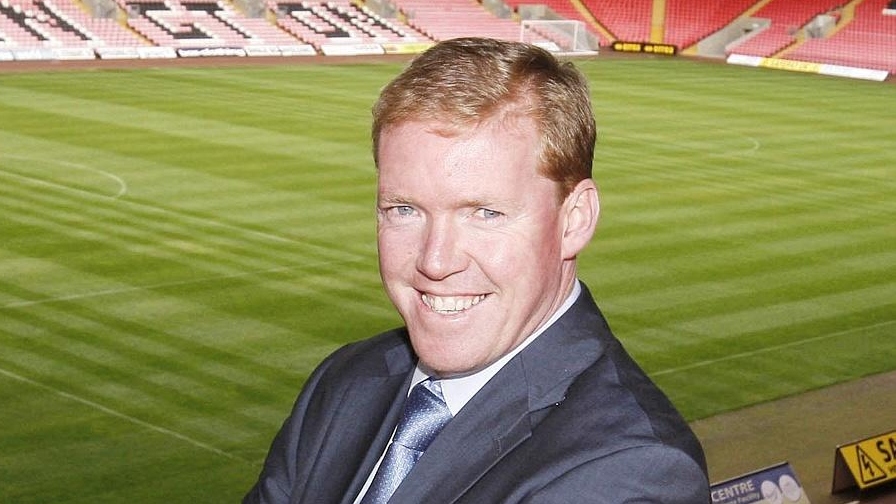
Steve Staunton
About

Steve is an Irish association football manager and former professional footballer, he was well-known for having one of the best left-foots in football. He earned 102 caps for the Republic of Ireland national football team, captained his team to the knock-out stage of the 2002 FIFA World Cup and earned his place in the FIFA Century Club. Staunton enjoyed a distinguished club career with Liverpool and Aston Villa. After retiring, he served as Republic of Ireland national team coach prior to Giovanni Trapattoni.
Steve Staunton was spotted by Liverpool playing in Ireland for his home club of Dundalk as a 17-year-old and was signed on 2 September 1986 by manager Kenny Dalglish for the bargain price of £20,000.
In the aftermath of the Hillsborough disaster, which claimed the lives of 96 fans at the FA Cup semi-final on 15 April 1989, Staunton was among the players who comforted bereaved families and attended many of the funerals. He also put in an outstanding performance when the fateful FA Cup semi-final was rescheduled a month later, with Liverpool beating Nottingham Forest 3–1.
Staunton made his debut for the Republic of Ireland in the 4–0 friendly win over Tunisia. He went to Italy with Jack Charlton’s squad as the Republic of Ireland competed in their first ever FIFA World Cup finals. Staunton, the youngest member of the squad, played in every match at left back.
He also represented the Republic of Ireland at FIFA World Cup 1994 in the United States. Again, he played in each game as the Republic of Ireland succumbed in the second round to the Netherlands.
His international management career enjoyed a dream start, something Staunton called “a bit of a fairytale”, when he led Ireland to an impressive 3–0 victory over Sweden on 1 March 2006 with Damien Duff, Robbie Keane (captaining the Republic of Ireland for the first time) and Liam Miller getting onto the score sheet.
On 4 February 2008, Staunton joined up with recently-appointed Leeds United manager Gary McAllister for a training session, with a view to becoming McAllister’s assistant manager at the club. He was given the post later that day.
On 5 October 2009, he was announced as Darlington manager, to take over officially two days later following a Football League Trophy game against his previous club Leeds United.

